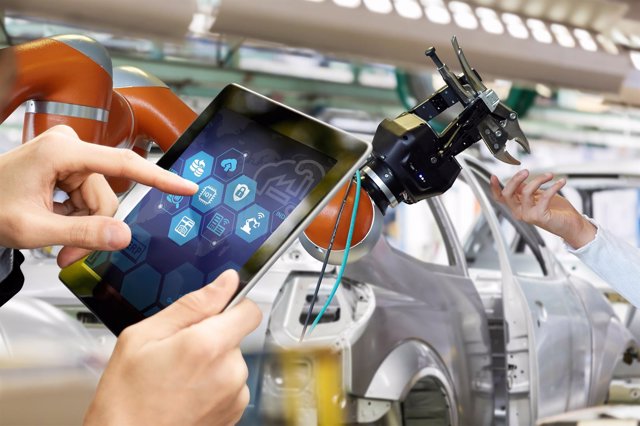Will AI revolutionize the retirement industry?
A recent survey from Professional Pensions showed 17% of pension experts think Artificial Intelligence (AI) will revolutionize the industry a great deal, while 60% agreed it will to some extent. Only 7% argued AI will not change the way things in the industry are done.
With that backdrop, the EBRI-Milken Institute 2024 Retirement Symposium’s panel, Innovations and FinTech: Developments that Can Enhance Financial Security, Retirement Planning and Spending Down Assets, discussed the nature of AI within the retirement planning process.
Yon Perullo, CEO of RiXtrema Inc., which creates software for financial advisors, said his company employs AI in two ways. “One is on the retirement side, helping interpret and understand the plans. We have a couple of specialty adaptions of large language models that help understand specific information,” he said.
“We have one on the risk management side and one on the retirement advisor, retirement side,” Perullo added. “[They include] understanding those documents, and understanding those plans. Because … if you go out and you ask ChatGPT ‘is something about a specific retirement plan?’ it doesn’t know anything.”
Laurel Taylor, Founder and CEO of Candidly, a financial wellness platform related to student debt, said, “The primary use of AI is how we’re coupling large language models with portfolio optimization. Large language models aren’t particularly great at math. They’re not all that consistent. They do harbour biases, but they’re fantastic at sentiment and personalization. And when combining that with portfolio optimization, specifically on the viability side of the balance sheet in the backdrop of the program design that the plan’s sponsor is offering, that’s where we’ve really been able to drive significant impact.”.
FinTech company Charlie, founded by Kevin Nazemi, uses AI, mostly around fraud issues. “If you take a typical retiree, they’re going to fill up their gas tank less often, less on a regular basis, than say, you’re a typical working American. They’re going to eat out a little earlier than the typical American,” he said.
“You’re not going to find them out as much at three o ‘clock at night. We take that information, those signals, along with behavioural signals that exist oftentimes when a transaction takes place, in terms of how quickly information is typed into a device. When a device is what’s utilized to trigger a transaction, we have a model that’s constantly learning and indicating the action that’s being taken, one that matches up with this general population that we serve.”
The idea is to recognize if this action matches up with the activity of our customer. And if it doesn’t, Charlie’s AI system tries to prevent the action from taking place.
Read more @benefitspro











